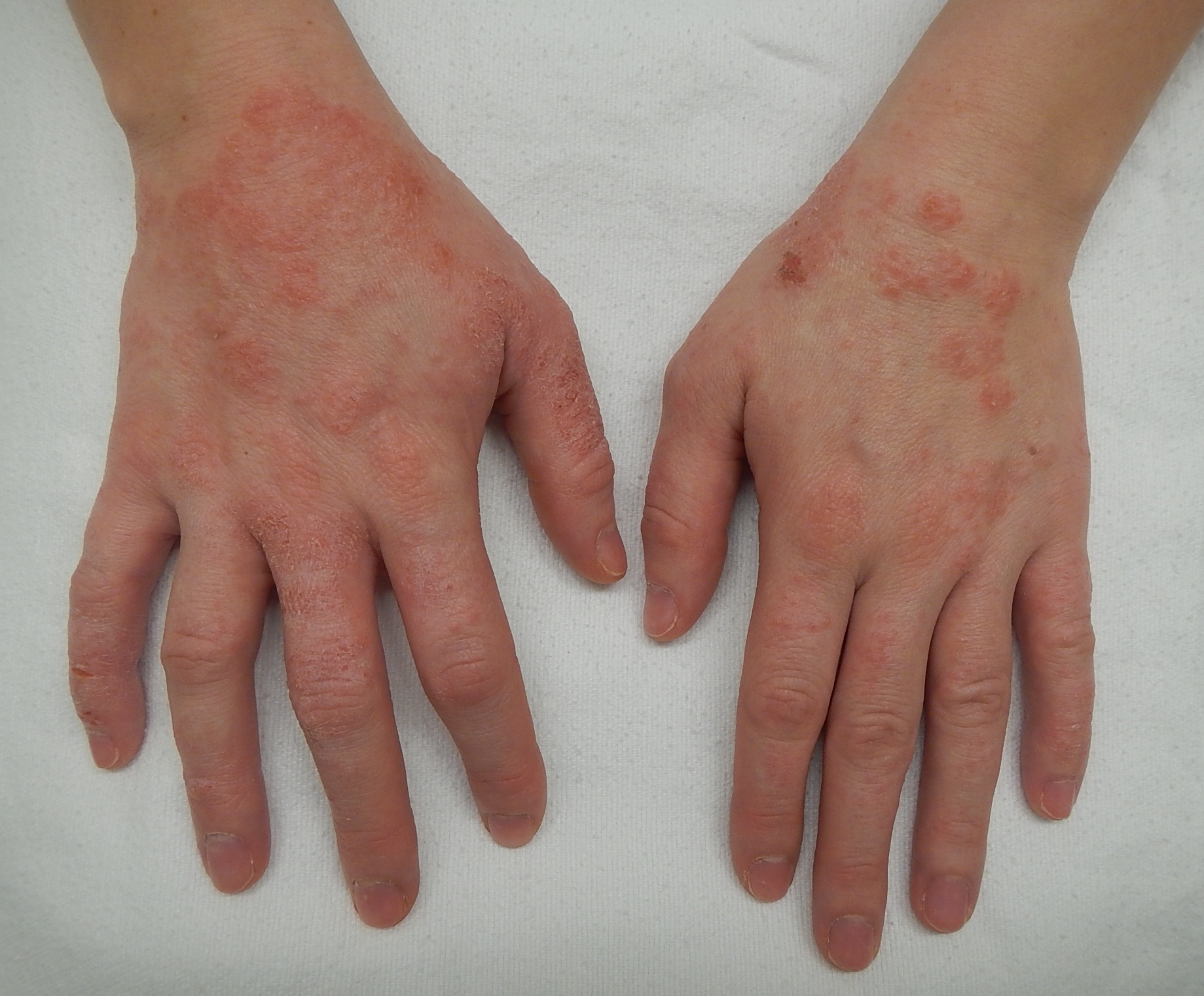
3 Surprising Eczema Triggers
According to the National Eczema Association, approximately 31.6 million people suffer from eczema, nearly 10.2% of American adults. Despite eczema’s wide-reaching effects, doctors don’t entirely know the cause behind the condition. Although those who suffer from eczema share similar symptoms, including dry, red, itchy skin, their individual triggers seem to vary widely. As a result, many individuals can’t pinpoint why their eczema flares up or what steps they can take to prevent the irritation. However, some chemicals and substances do consistently worsen flare-ups for eczema sufferers, and many compounds hide in familiar, everyday objects. If you have yet to determine your trigger, exercise care around the following items.
- Hand Sanitizer Like soap, hand sanitizer plays a significant role in personal hygiene. When you don’t have access to a bathroom sink, hand sanitizer ensures your skin remains free of harmful germs and bacteria that could make you sick. But many hand sanitizers contain ethanol or isopropanol as a key ingredient. These alcohol-based sanitizers evaporate quickly, pulling moisture from the skin as they do so. Those prone to eczema may find this drying effect too much to handle, and their skin flares up in response. If your hands seem particularly irritated after you use sanitizer, check the label. If the bottle lists ethanol or isopropanol, consider an alcohol-free sanitizer.
- Laundry Detergent Your clothes rest right against your skin. As a result, even the softest, most forgiving materials will rub up against your body and accumulate a fair share of skin cells, sweat, and dirt. If you fail to wash your clothing that buildup may rub back into your pores resulting in skin irritation and eczema breakouts. Unfortunately, washing your clothes may also result in similar dry, itchy, irritated patches. Popular laundry detergents feature a blend of bleach, scents, enzymes, and surfactants that remove oils, break down dirt, and fight stains. Any or all of these ingredients might trigger eczema, though the likelihood remains fairly low. If you find that your clean clothing still leaves you flaking and frustrated, switch to non-scented detergents and use detergent sparingly (or at least follow the recommendations on the label). Consider double-rinsing your clothes to ensure the detergent washes free of the material.
- New Clothing If your laundry detergent causes your eczema to worsen, you might assume that brand-new clothes that have never been worn or washed would be safe. After all, the fabric hasn’t seen any sweat, dirt, or bleach that would damage your skin, right? But alas! Even new clothing has its drawbacks if you suffer from eczema. Some manufacturers treat garments and fabrics with chemicals to create the wrinkle-free look you see on store shelves and display window mannequins. The chemicals also minimize the likelihood of mildew growth, so clothes look fresh and clean. Additionally, synthetic fabrics often rely on azo-aniline dyes for their vibrant color, and these dyes cause irritation in those with sensitive skin. And if someone else tried on the clothes in the store, the material may still harbor skin cells, sweat, dirt, and insects from the brief contact. As with your regular clothes, you should wash and rinse new garments before you wear them. Some dyes may take several washes before leftover residue completely rinses away, so you may need to double-rinse your clothing to prevent breakouts.
Schedule an Appointment with Your Dermatologist If any of the above items leave you with dry, itchy, or inflamed skin, you don’t have to go out of your way to avoid them. Instead, seek help from your dermatologist and ask about possible treatment. The doctors at Asheboro Dermatology & Skin Surgery Center can recommend a combination of humidifiers, hydrocortisone creams, and antihistamines to keep your flare-ups under control.
